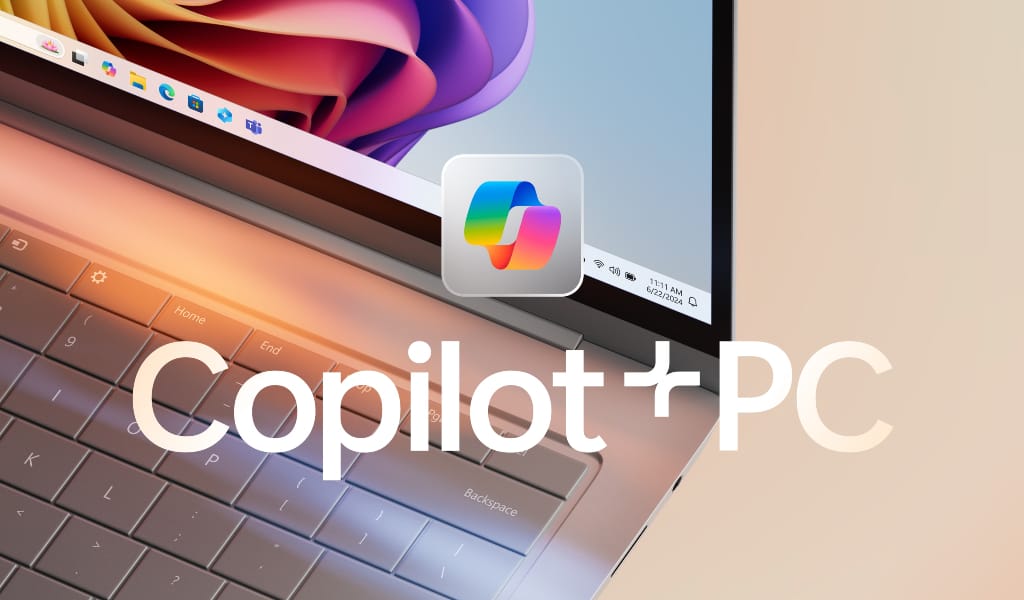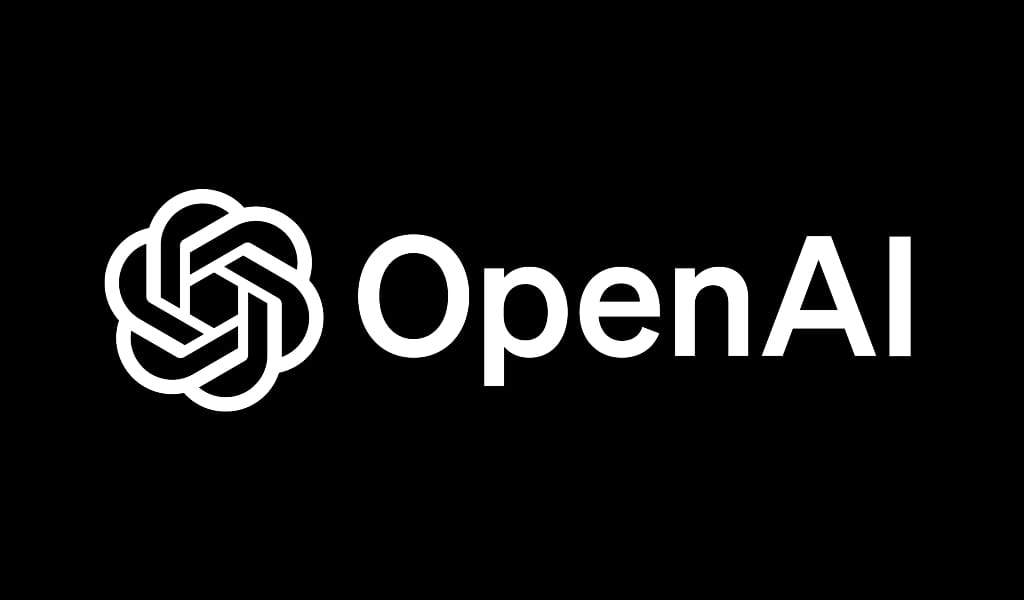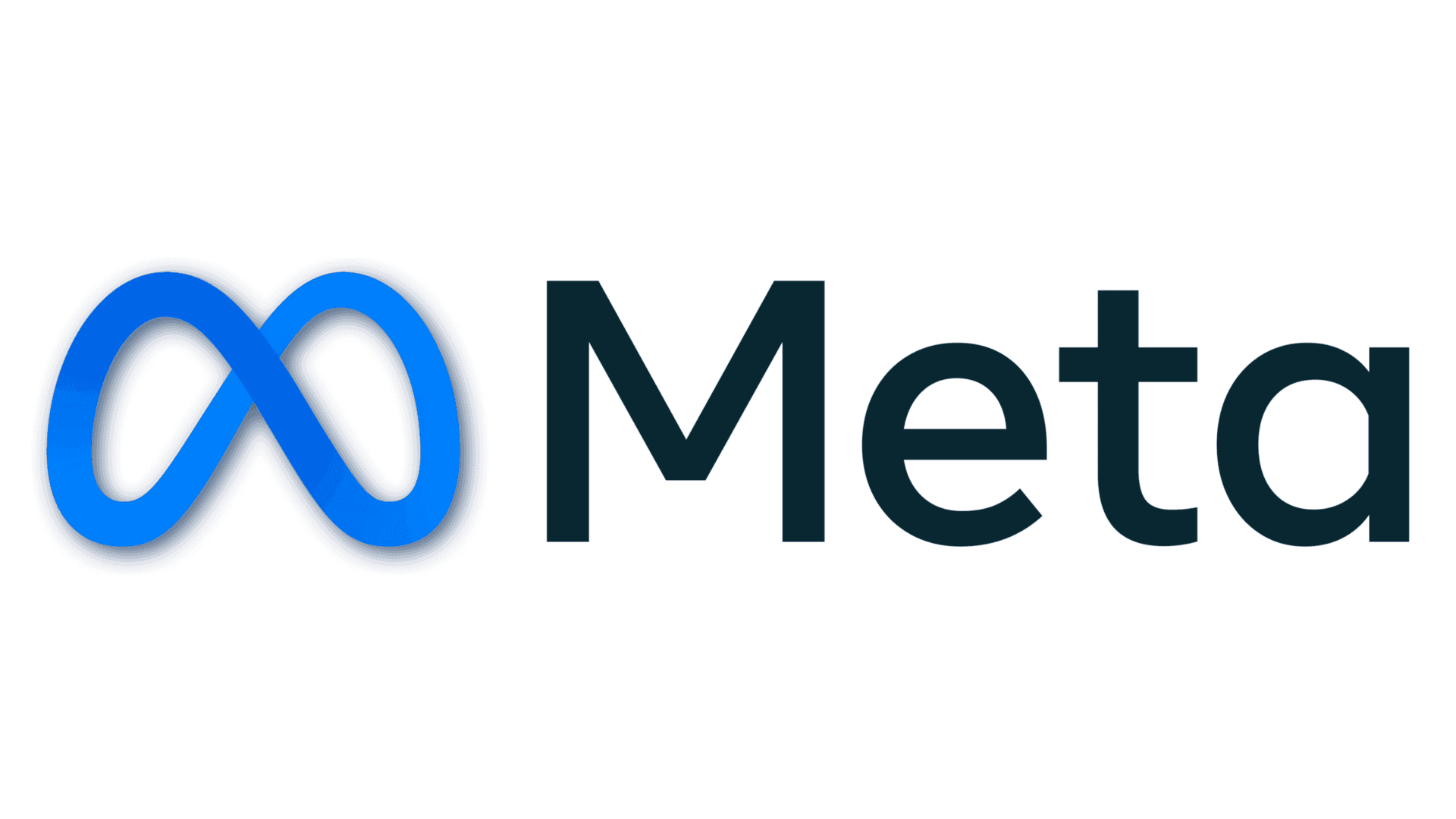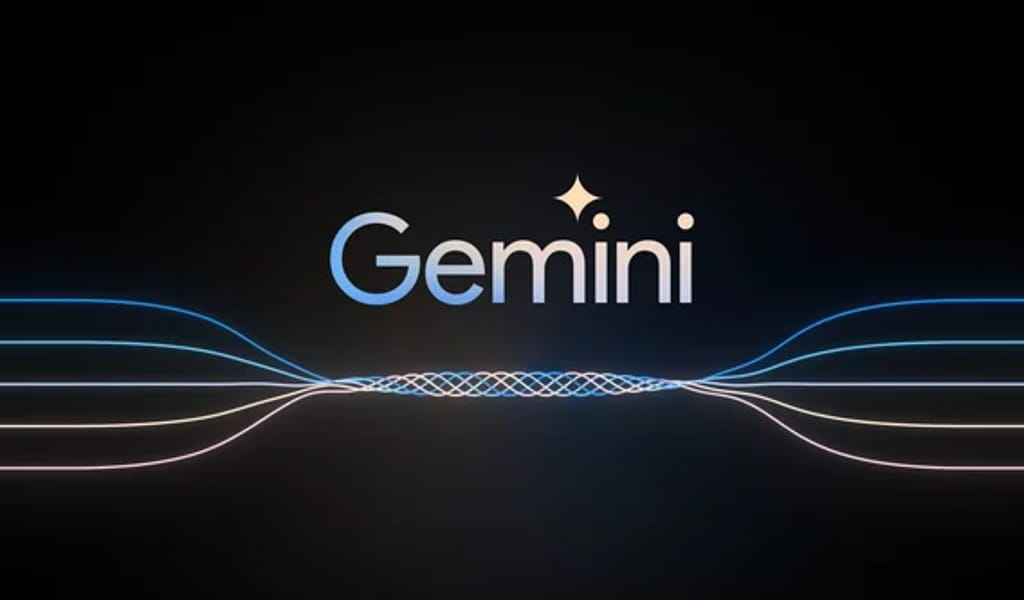Microsoft has once again postponed the Recall feature for Copilot+ PCs. This feature is designed to simplify the process of finding items on Windows by capturing screenshots of user activity at set intervals, which allows users to search through this information. It employs local AI models to create a timeline for users to explore.
Initial Plans and Delays
Originally, Microsoft intended to launch this feature in June. However, due to pushback from users and security experts, the rollout was pushed back to November. The company also decided that Recall would first be available to Microsoft Insiders for testing rather than being offered as an opt-in feature as previously planned.
Further Postponement
Now, Microsoft has announced yet another delay, moving the launch to December. Brendon LeBlanc, who is a senior product manager for Windows, informed The Verge that Microsoft is "dedicated to providing a secure and trustworthy experience with Recall" and is "taking more time to enhance the experience before introducing it to Windows Insiders".
Hardware Requirements
Recall will only be available on "Copilot+ PCs," which are computers equipped with dedicated NPUs (Neural Processing Units). To be classified as a "Copilot+ PC," Microsoft requires an NPU that can perform 40 trillion operations per second, along with 16GB of RAM and 256GB of solid-state storage.
The Verge, Microsoft Windows Blogs.










